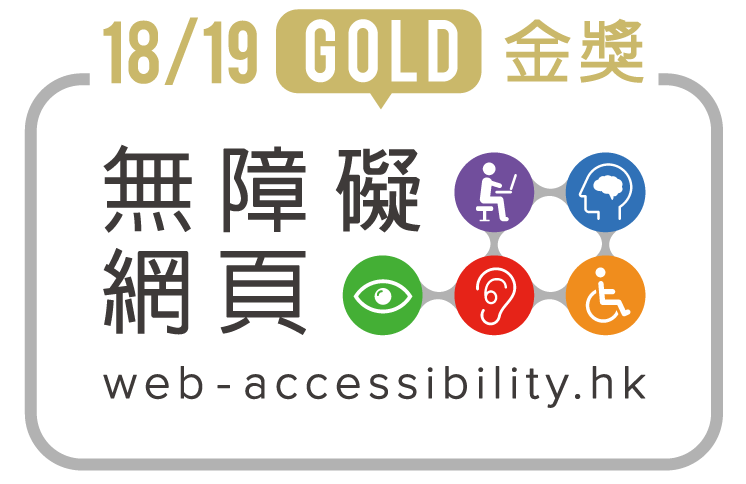
About the Project
History of the Chinese in Cuba is a long one. They were once the largest group of Chinese in the American continent. Overseas Chinese lived in major cities, running grocery stores, restaurants, laundries and other businesses with great success. After the 1959 Cuban Revolution, the Cuban Chinese community shrank and the number of Chinese declined. When I visited Cuba for the first time in 2010, I learned that there were only about 300 people left. Today (2021) it is estimated that less than 100 remain. Due to the community’s long presence, there are many ethnic Chinese in Cuba today, numbering about 100,000 and accounting for about one percent of the total population. However, these Cubans of Chinese descent have been very alienated from China in terms of language and culture. Very few retain Chinese connections. In other words, the overseas Chinese community in Cuba is facing disappearance as Chinese descendants become assimilated into local society.
Despite the Chinese people’s long history in Cuba, there are relatively few records about them. The main reason is that in the past the Chinese who went abroad mostly came from the lower stratum of society and were generally not well educated. They therefore lacked the ability to record their own experiences and were less conscious about the value of recording such experiences. Yet, because of the prosperity enjoyed by the community in the past, Chinese organizations that remain active today managed to retain a lot of documents, files and related materials. With a sponsorship offered by the Lee Hysan Foundation, I went to Cuba in early 2019 and stayed there for two months to scan the documents and files kept by the Chinese associations. Some members of the Chinese community whom I personally knew also provided materials from their home for me to scan. The Chinese in Cuba Archive is created with materials thus collected.
The Chinese in Cuba Archive
Due to limitations, common scanning equipment could not be brought to Cuba. Scanning therefore was mainly done by mobile phone. Also, the working environment was often not ideal. As a result, the quality of some images in this archive is substandard. At the same time, some Chinese associations declined to let me scan their documents, which adversely affected the scope of this archive.
Among more than 500 files in the archive, there are 358 items of documents and manuscripts, 91 items of photos, 61 items of printed materials and 7 items of video. The period coverage is from 1918 to 2019. In addition to the materials scanned in Cuba, the archive also includes documents from Hong Kong: letters from the Tung Wah Group of Hospitals relating to its service of repatriating bone remains of Cuban Chinese, and materials provided by the Hong Kong descendants of Messrs. Huang Jiazhuo and Wu Yuhua.
A small number of documents in the archive contain personal data generated after 1970. In accordance with regulations of The Chinese University of Hong Kong Library, they are not uploaded at present, and will be released after the period of restricted access is over. This mainly involves membership rosters of Chinese associations and the identity papers of some overseas Chinese.
Acknowledgement
The following organizations and persons gave generous support to the creation of this archive: in Hong Kong, Lee Hysan Foundation, Records and Heritage Office of the Tung Wah Group of Hospitals, descendants of Mr. Huang Jiazhuo, descendants of Mr. Wu Yuhua, Mr. Yu Ping-kwan , Mr. Vicente Gonzalez Vallejo, Mr. Law Kar, Ms. Winnie Fu; in Cuba, Casa des Artes y Tradiciones Chinas, Mr. Guo Xinjiang, Mr. Oscar Amador, Ms. Zhu Wanjun. I would like to thank them all. In addition, the support given to me by The Chinese University of Hong Kong library in all aspects from the preparation of the archive to the uploading to its Digital Repository is also greatly appreciated.
It is our wish that this archive can contribute to the preservation of historical records of overseas Chinese in Cuba.
Honorary Research Fellow
Hong Kong Institute of Asia-Pacific Studies Chinese University of Hong Kong
April 2021

